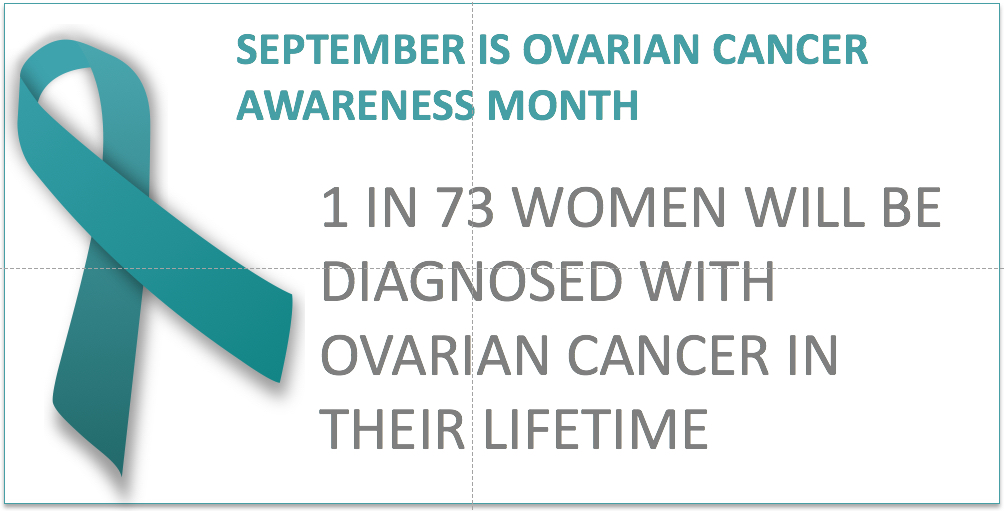 Photo: Getty Images
Photo: Getty Images
Ovarian cancer is the most malignant of cancers in women, according to Dr. Kassondra S. Grzankowski and coauthor Dr. Michael Carney from the University of Hawaii. In 2010, approximately 270,000 women died of cancer, and 5 percent of these deaths were from ovarian cancer.
Traditionally, cancer research has focused on survival, time to progression, and response rate for treatment, at the expense of quality of life measures. However, health related quality of life (HRQOL) is now considered an important consideration in treatment.
Ovarian cancer is often diagnosed at an advanced stage, since it is difficult to detect early. There is no screening test equivalent to the Pap smear or mammogram that can be used effectively for the general population. Symptoms include weight loss, bloating and accumulation of fluid in the abdomen, fatigue, and pain. These may not be noticeable in the early stage of cancer, and are not specific.
Advances in surgical technique and chemotherapy have improved the prognosis. Grzankowski reported that 45 percent of all women diagnosed with ovarian cancer now survive 5 years or more. Patients with early stage disease have much better outcomes.
Dr. Ingrid Ramirez and coauthors at the University of South Florida reported that surgery is appropriate for most cases. Minimally invasive surgery, using laparoscopy, is now feasible for early stage cancer. When more advanced cancer is suspected, staging surgery is important to assess the extent of disease. Chemotherapy may be used before surgery to shrink the malignant tissue. Most patients will receive chemotherapy after surgery.
Grzankowsik recommended that treatment should address quality of life factors, including mobility, psychological and emotional health, social and financial issues, and sexual function. In addition to symptoms of the cancer itself, patients must deal with side effects of treatment. These include loss of white blood cells, weight loss, hair loss, body distortion, fatigue, neuropathy, sexual dysfunction, bowel and bladder incontinence, loss of taste and appetite, poor sleep, edema, and diminished mobility. A pretreatment discussion of sexuality can provide
a baseline for evaluation after treatment. A social worker can help with financial issues. A physical therapist may be needed for mobility problems. Mental health professionals who have experience working with cancer patients can help with emotional distress.
“To optimize treatment decisions for patients with ovarian cancer,” Grzankowsik concluded, “clinicians need to be familiar with differences between regimens in terms of toxicity, dosage, and administration, and emerging data from HRQOL assessments.”
References:
Ramirez I et al, “The role of surgery in the management of epithelial
ovarian cancer”, Cancer Control 2011 January; 18(1): 22-30.
http://www.ncbi.nlm.nih.gov/pubmed/21273977
Grzankowsik KS et al, “Quality of life in ovarian cancer”, Cancer
Control 2011 January; 18(1): 52-58.
http://www.ncbi.nlm.nih.gov/pubmed/21273980
Reviewed May 25, 2011
Edited by Alison Stanton
Linda Fugate is a scientist and writer in Austin, Texas. She has a Ph.D.
in Physics and an M.S. in Macromolecular Science and Engineering. Her
background includes academic and industrial research in materials
science. She currently writes song lyrics and health articles.





Add a CommentComments
There are no comments yet. Be the first one and get the conversation started!